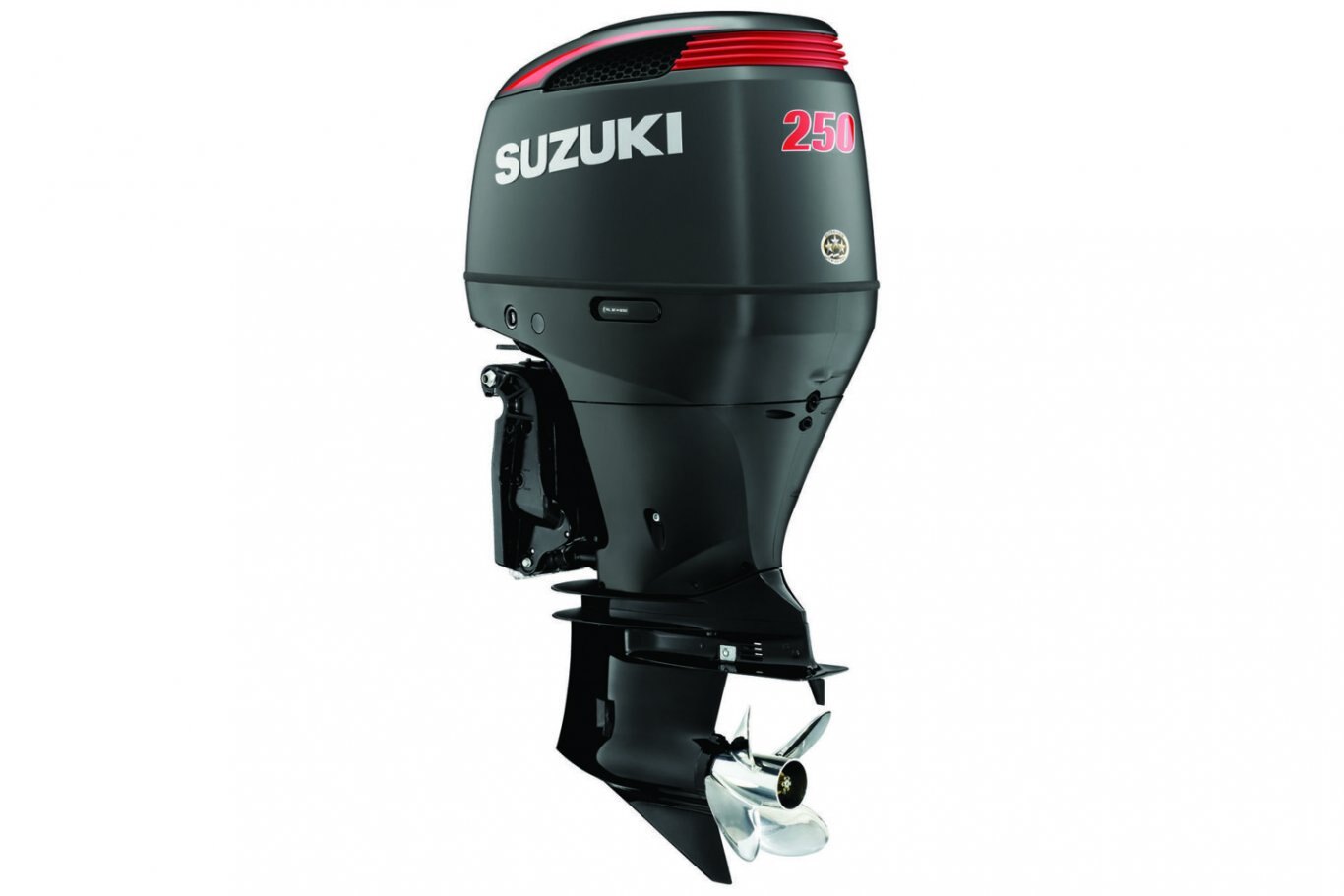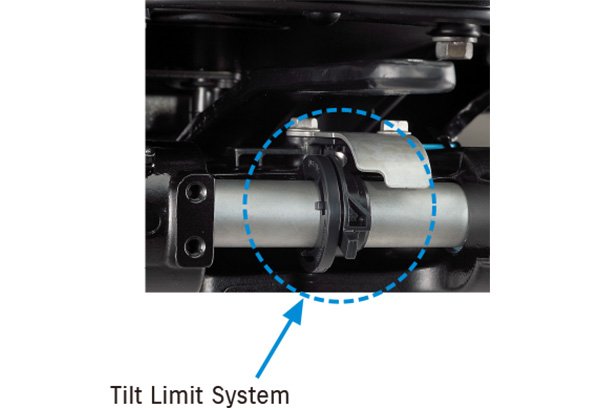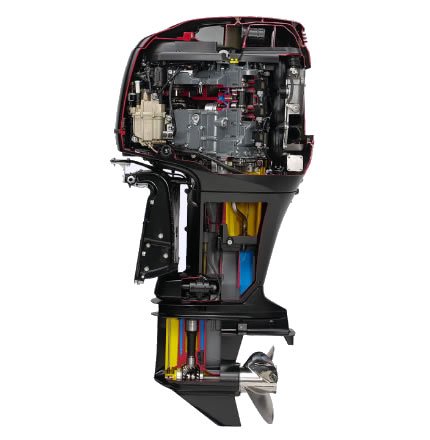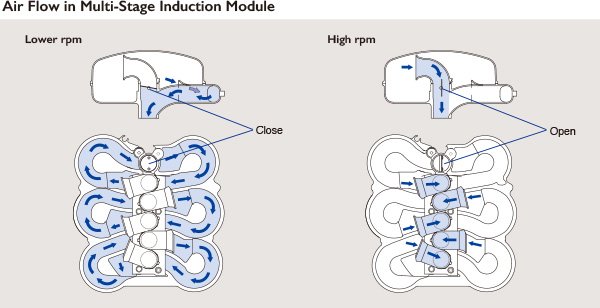
Suzuki DF250SS
Suzuki’s 250SS started it all The first V6 4-Stroke that was specifically built to power tournament Bass Boats, larger Flats Boats, performance Pontoon Boats and even serious Ski Boats .spectable td{border: 1px solid #000000; padding:5p ...
Overview
|
Suzuki’s 250SS started it all The first V6 4-Stroke that was specifically built to power tournament Bass Boats, larger Flats Boats, performance Pontoon Boats and even serious Ski Boats. The other guys were quick to notice and built a few copy cat outboards. But nothing comes close to the DF250SS… a Big Block “Hot Rod” that will put an ear-to-ear grin on the face of any boater with a need for speed and power. The DF250SS comes standard in a Matte Black finish. |
Specifications
Gallery
features
|
To protect the boat and motor from damage that can occur when tilting the motor, both outboards incorporate a user adjustable tilt limit switch that prevents the outboard from tilting beyond a predetermined point. |
|
The DF250 incorporates Suzuki’s advanced Variable Valve Timing (VVT). VVT is used to alter intake timing with the camshaft to optimize camshaft timing for low to mid-range operation. Combined with the outboard’s aggressive cam profile VVT delivers greater low to mid-range torque for powerful acceleration. |
|
Suzuki’s Multi-Stage Induction system is used to increase engine performance. Each cylinder in this system is equipped with a set of short and long intake manifolds that are utilized in relation to engine speed. At lower rpm the longer pipes deliver an optimum volume of fresh air into the chamber, improving combustion and boosting low-end torque. At higher rpm, the valve on the shorter, direct intake pipe opens up letting air in the chamber directly boosting high-speed power output. (DF250/225) |
|
Pioneered by Suzuki, the use of the offset drive shaft on four-stroke outboards has long been utilized to reduce the size of the outboard. Found on all Suzuki four-strokes from the DF70A and up, this design positions the crankshaft in front of the drive shaft simultaneously moving the outboard’s center of gravity forward. While the design contributes greatly to the outboard’s overall compactness and increased power performance, it also moves the engine’s axis of inertia, the point where engine vibrations are at a minimum, up over the upper engine mount, thus greatly reducing vibration. These outboards also incorporate two-stage gear reduction designed to take maximum advantage of the power produced by these high-performance engines.
|


 Tilt Limit System
Tilt Limit System Continuously Variable Valve Timing
Continuously Variable Valve Timing Multi Stage Induction
Multi Stage Induction Offset Drive Shaft
Offset Drive Shaft














